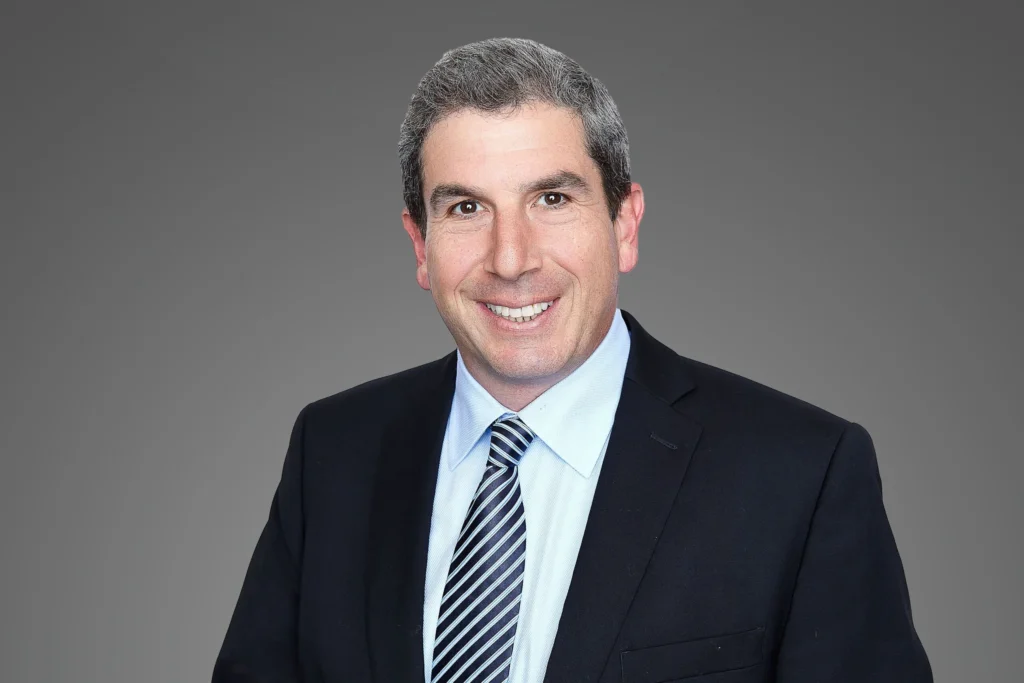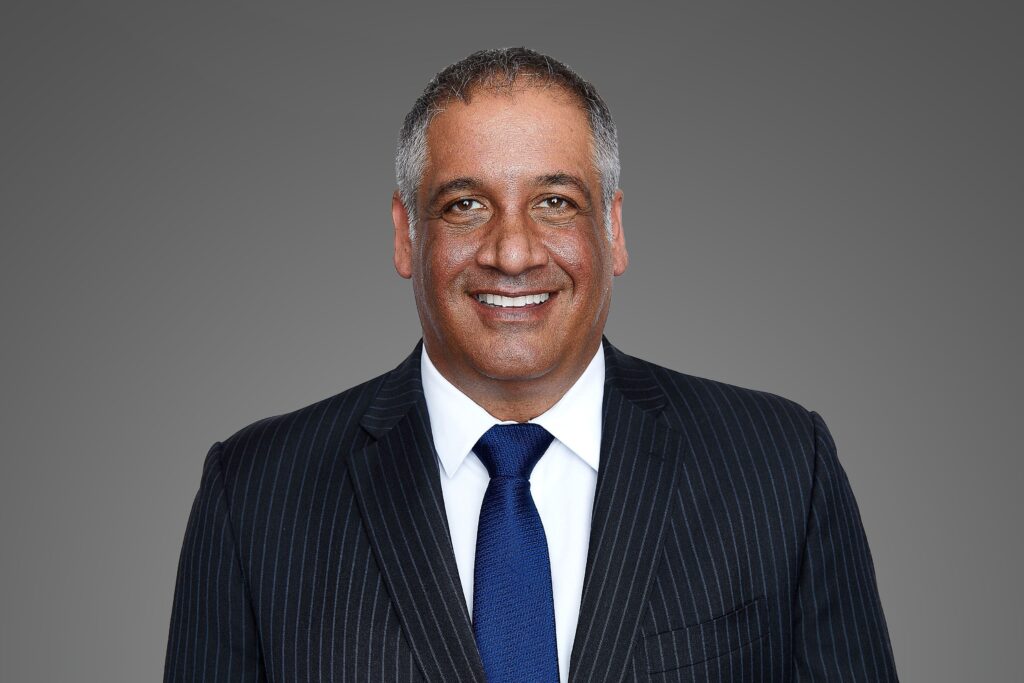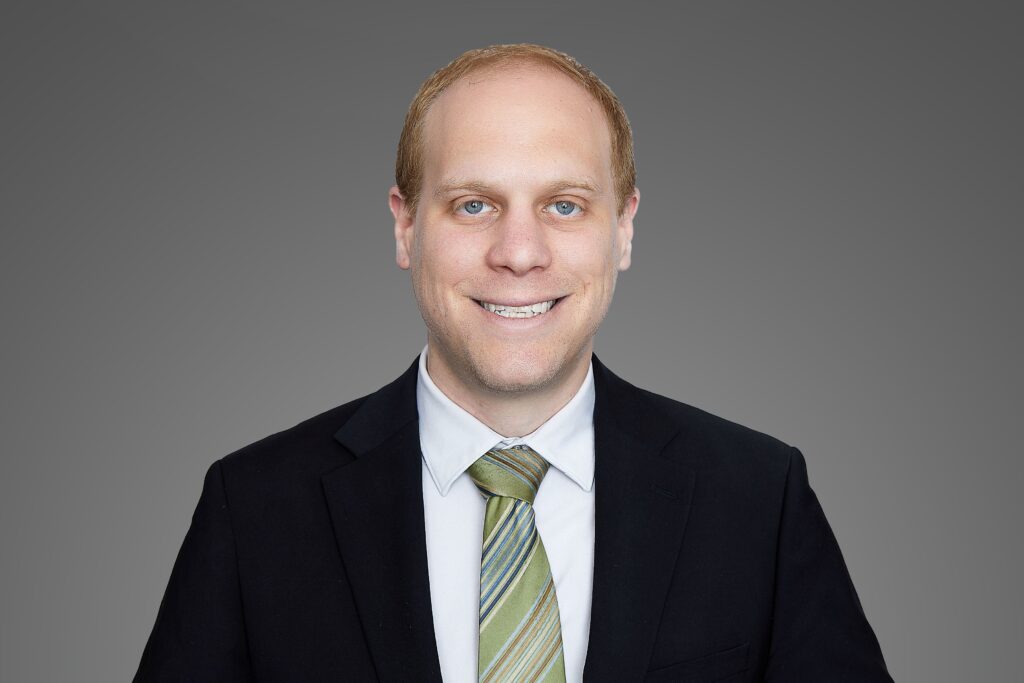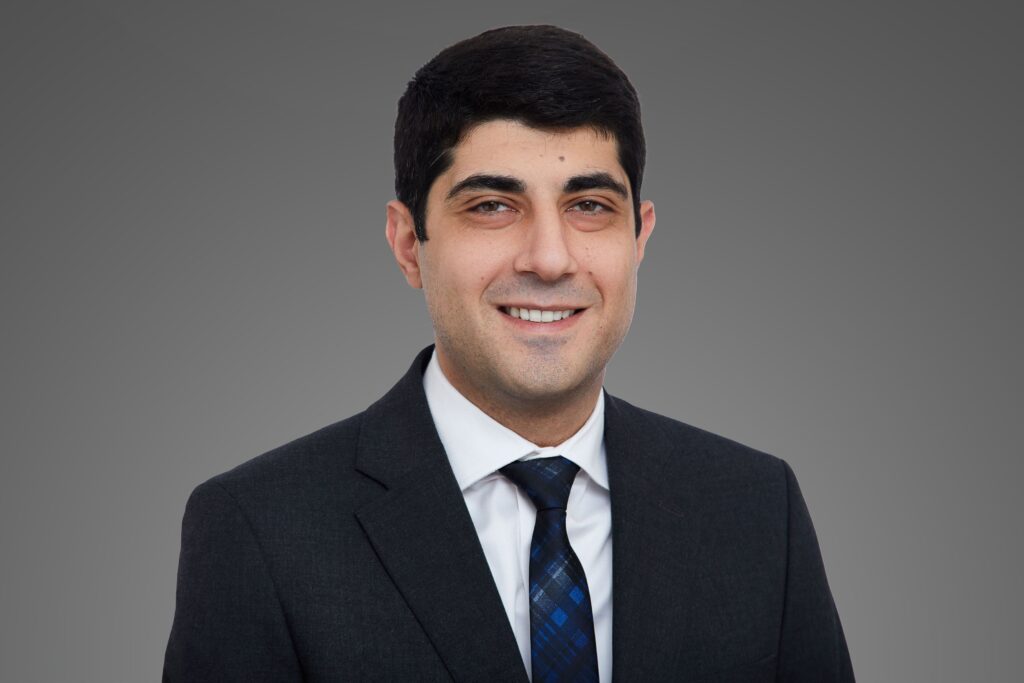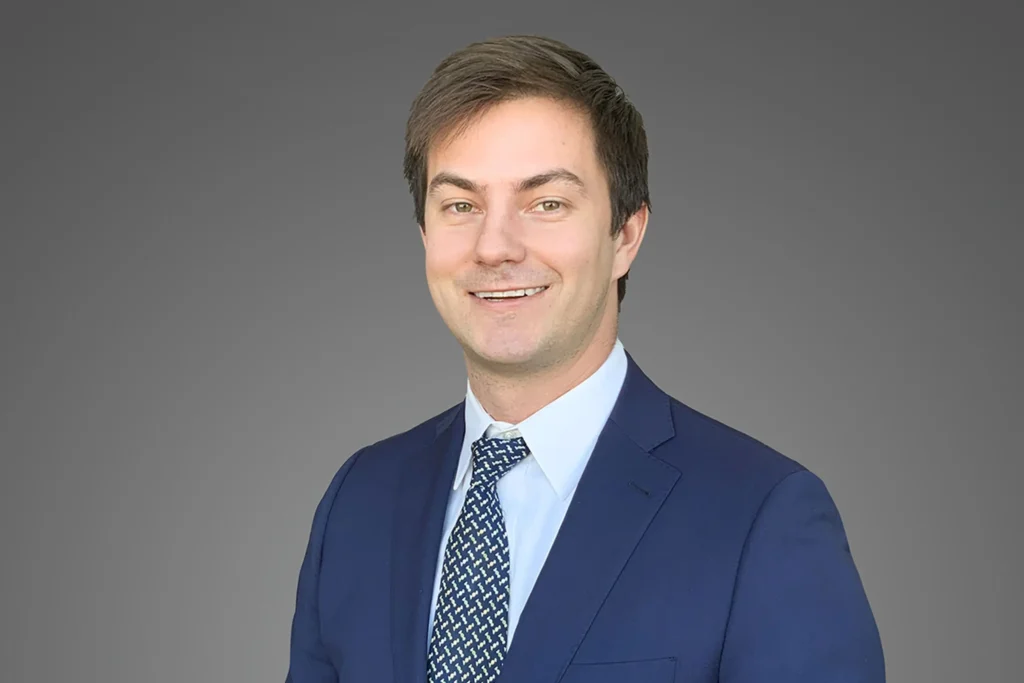Wrongful death is a devastating outcome that results from a person or entity’s negligence or misconduct. In some cases, this can be the result of intentional violence (when there is explicit intent to end another person’s life, the case is elevated to murder). In California, surviving family members of a wrongful death victim can sue the people or entities responsible and file a claim to seek compensation for damages.
California classifies wrongful death damages into two: economic and non-economic. These include the following:
- The victim’s out-of-pocket medical and hospitalization expenses resulting from the incident
- Funeral and burial expenses
- Loss of income of the victim (including the potential revenue the victim would have continued to earn had he or she survived)
Who Can File a Wrongful Death Lawsuit and Damages Claims?
California is particular about the people who may file claims for damages in a wrongful death incident. They must be directly related to the deceased victim, such as:
- The surviving spouse or domestic partner
- The surviving children
- The victims’ grandchildren, if their parent or the deceased’s child is no longer living
- The victim’s parents and siblings
California law gives exceptions to the parents and siblings of the victim because even though they are not in the direct line of descent, they could be entitled to the victim’s property through intestate succession. Financial dependents who are not related by blood to the victim may also file for a wrongful death lawsuit and claims:
- The putative spouse (not legally married to the victim, but either or both believe, in good faith, that their marriage is valid)
- The children of the putative spouse
- The victim’s stepchildren
If you are any of these individuals, you have the right to press charges against the people responsible for the wrongful death of your loved one and file claims for damages.
What Damages Can You File For in a Wrongful Death?
The surviving families of wrongful death victims may also receive compensation from the defendants. As previously mentioned, the damages for wrongful death claims can either be economical or non-economical.
Below are examples of the compensation you can file a claim for:
- Compensation for economic losses:
- Damaged possessions, like a vehicle in a car accident
- Loss of financial support (if the victim was the breadwinner or financially supported the surviving family members)
- Loss of insurance benefits
- Cost of household services
- Compensation for emotional distress
- Trauma
- Grief
- Pain and suffering
- Loss of love, guidance, community, and moral support
To file claims for economic damages, a wrongful death attorney can guide you through the process, from filling out the Standard Form 95 to choosing the right court to file a claim. In Los Angeles, you may only file a wrongful death case in LA courts if the death occurred in the city, or if the defendant and his livelihood are also based in LA.
If you also want to claim compensation for property that was damaged during the incident that resulted in the wrongful death (e.g., the vehicle the victim was driving), you can also consult a property damage insurance lawyer.
What is the Statute of Limitations for a Wrongful Death Claim?
Consistent with most personal injury claims, California requires wrongful death claims to be filed within two (2) years of the victim’s death. The family and dependents will lose the right to press wrongful death charges and claims beyond this period.
Wrongful death claims can be an extra burden on family and relatives who are already distressed by the untimely death of a loved one. However, it is necessary for the surviving family’s peace of mind. It is one way of seeking justice for the death of their family member, especially if you no longer want to press punitive charges.
We can help alleviate your distress by giving you reliable legal services. Whether you need a wrongful death attorney or an expert in property damage claims in Los Angeles, Haffner Law can come to your aid.
Visit our practice or call 213-514-5681 today to schedule a consultation.
(This is an attorney advertisement by Joshua Haffner)

